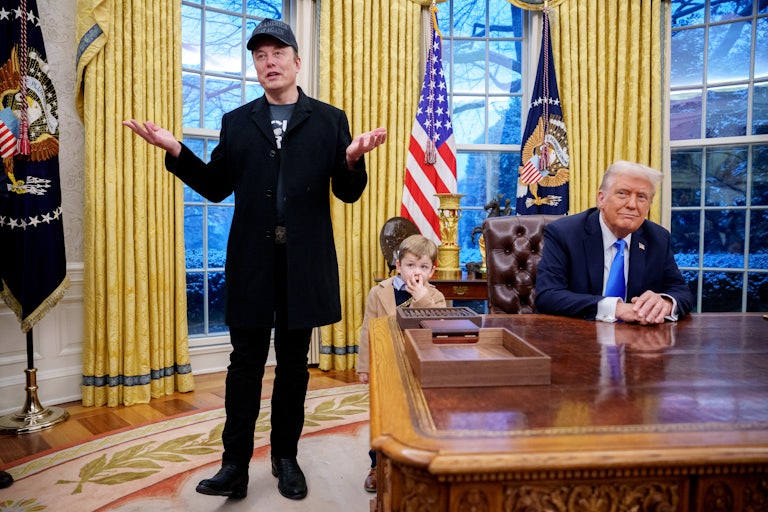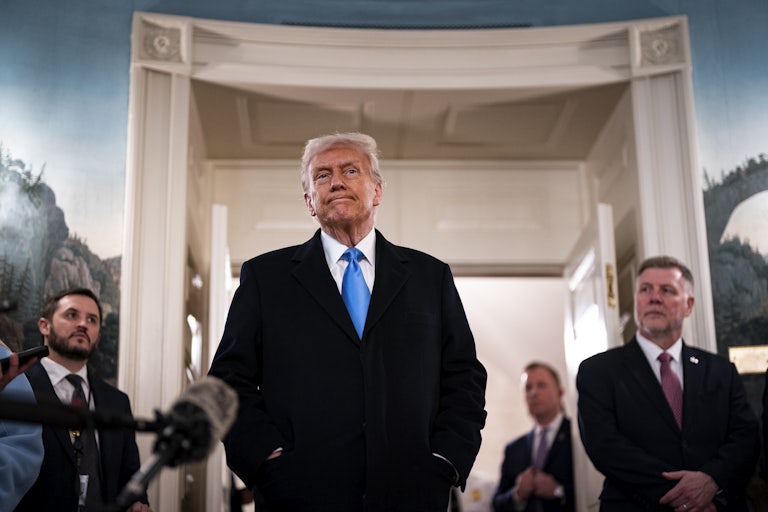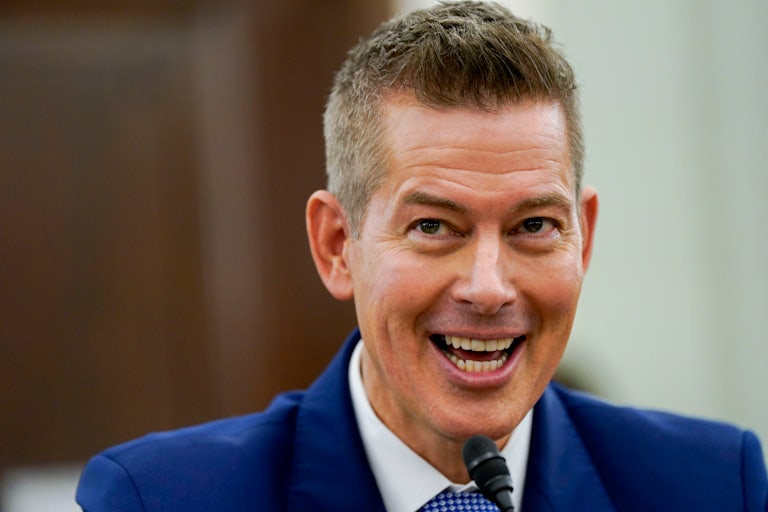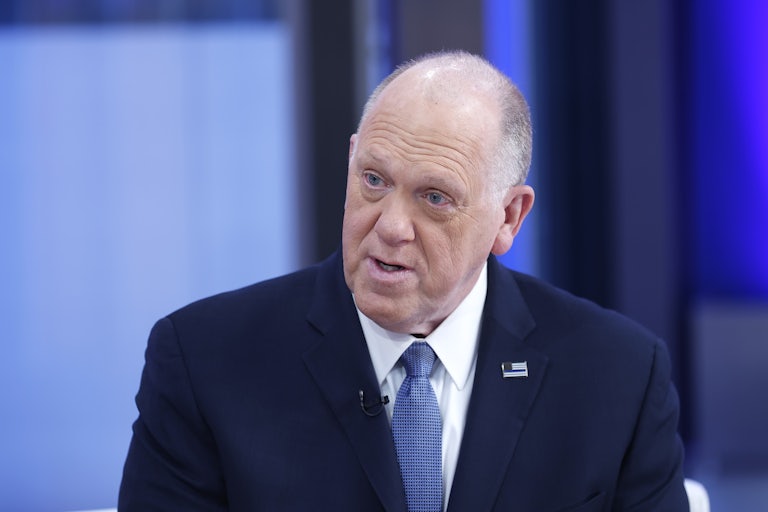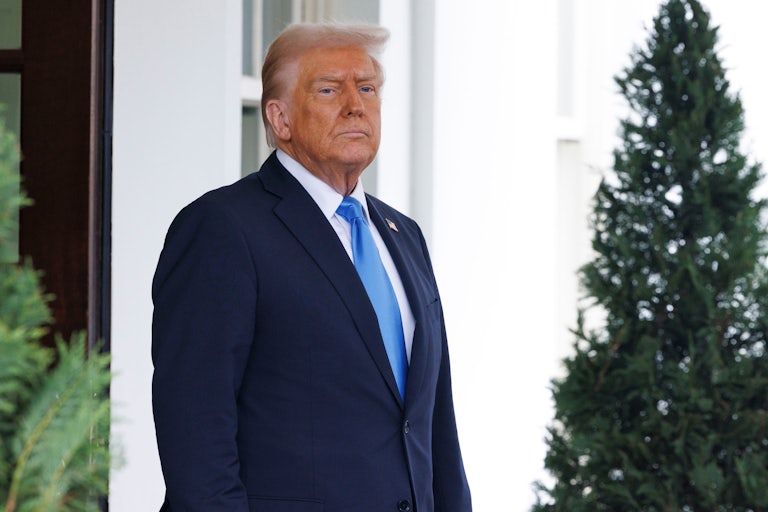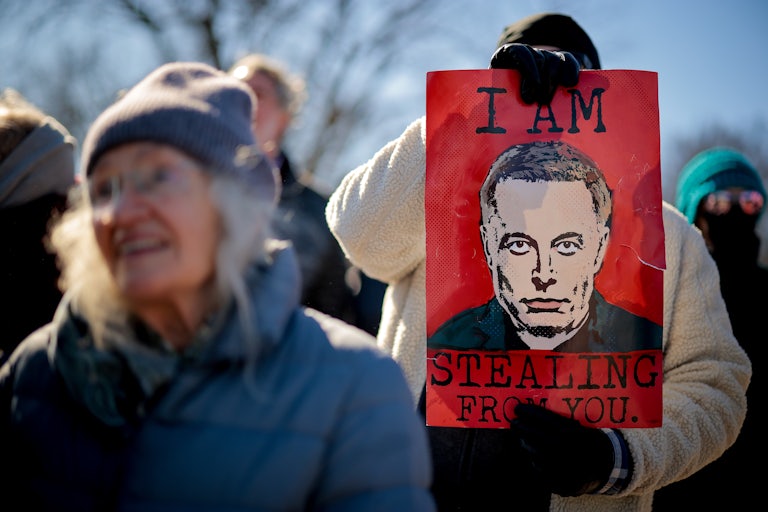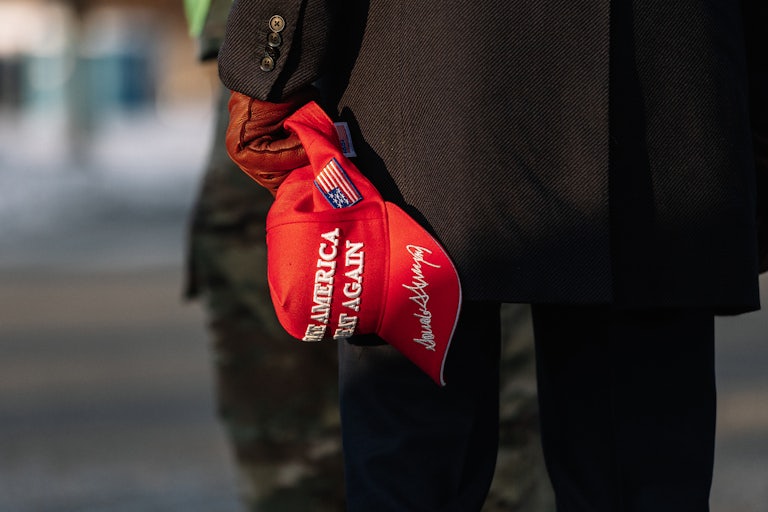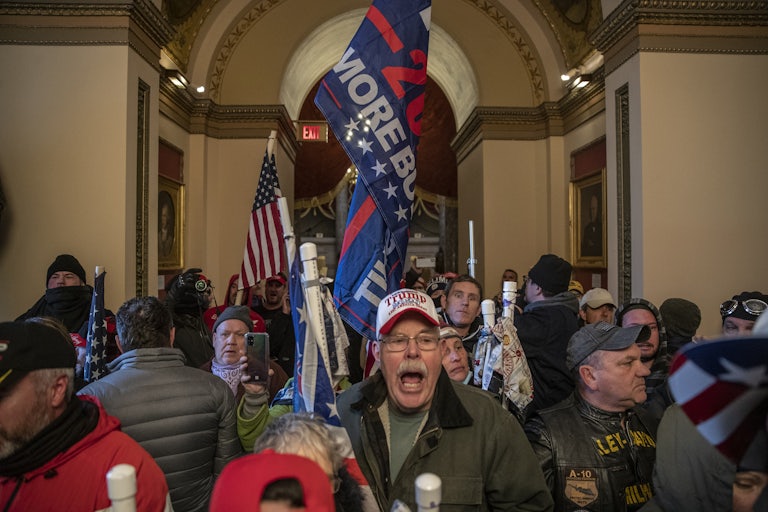Trump’s Border Czar Pulls a Bizarre 180 on Eric Adams Deal
Tom Homan struck a distinctly different tone when discussing the New York City mayor.
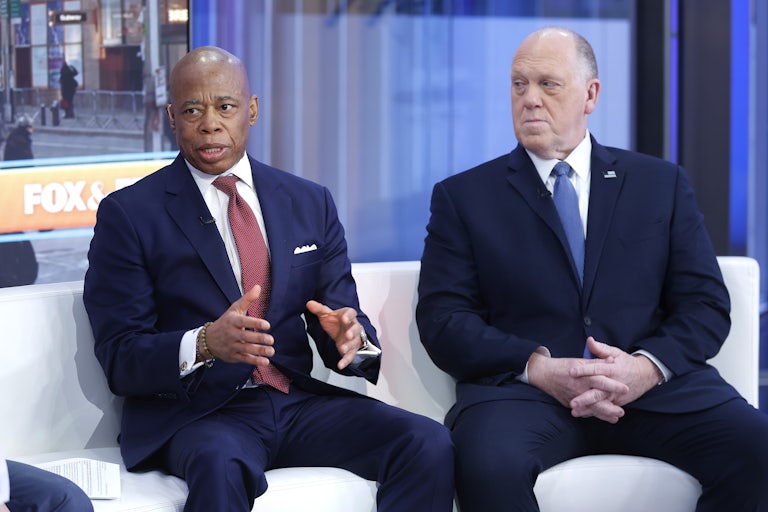
Border czar Tom Homan struggled to explain why New York City Mayor Eric Adams suddenly decided to comply with Donald Trump’s immigration crackdown in his sanctuary city, if not to have the public corruption charges against him dismissed.
During an interview on CNN’s State of the Union Sunday, Homan was asked about Adams’s decision to allow ICE agents into Rikers Island, just days after the Department of Justice instructed prosecutors to drop the public corruption case against the mayor. ICE had been prohibited from entering New York City’s notorious jail complex in the East River since 2015.
In her startling resignation letter, acting U.S. Attorney for the Southern District of New York Danielle Sassoon stated that Adams’s lawyers had sought a quid pro quo for their client to comply with Trump’s immigration enforcement demands.
“It sounds like the DOJ dropped the case against Adams, and in exchange he let you into Rikers. Is that what happened?” asked CNN host Dana Bash.
“No, I think that’s ridiculous,” Homan replied. He explained that it couldn’t possibly have been quid pro quo, because he’d first met with Adams months ago, before the case was dropped. He then explained that after that meeting, no progress had been made on getting ICE access to the prison complex, so they needed to meet again last week.
“We had that a couple months ago, long before this other discussion. So, I don’t think that had anything to do with that,” Homan insisted. “As a matter of fact, the meeting was very well. It’s the same meeting we had a few weeks ago, and the reason we had the follow-up meeting was because there was no action being done. So, we follow up on how we can get some of this stuff in place, and that’s what the meeting Thursday was about.”
Bash said that Homan had said he was “really unsatisfied” after his initial meeting. “What changed between then and now other than the Department of the Justice dropping the case against Adams?” she asked.
“I didn’t come out of that meeting unsatisfied, I was, I was a little, you know, after several weeks I was a little taken back that we hadn’t gotten any action on that yet, on getting into Rikers Island,” Homan said.
Bash was unconvinced. “Just looking at the series of events, sir, the fact that you didn’t get what you wanted, you came away not sure why he wasn’t doing what you wanted him to do, particularly with opening Rikers. The Department of Justice gets rid of the charges against him, and poof, he agrees,” Bash pressed.
Homan did little to assuage her concerns, insisting that the two had found a way to really connect “cop-to-cop, not border-czar-to-mayor.”
The two men didn’t seem quite as friendly during a disturbing appearance on Fox & Friends last week when Homan jokingly threatened to crack down on the mayor if he failed to perform.
Crucially, something did change between the first and second meeting. A five-page letter from Adams’s lawyer Adam Spiro to U.S. Deputy Attorney General Emil Bove dated February 3, which made clear that Adams sought a specific quid pro quo agreement: relief in return for immigration compliance.
“As Mayor Adams continues to help with DHS’ ramping enforcement operations, the risk that his political opponents—and in particular, the City Council—will try to remove him from power will only increase,” the letter warned, adding that Adams’ “political muscle is weakened by an indictment.”
“There is a reason that the Justice Department does not prosecute sitting presidents, and while a mayor is not a president, Mayor Adams is nonetheless the leader of this country’s largest city and needs to be an important partner to the President and his administration. An honest balancing of these concerns against the unsupported prosecution theories in this case militates strongly in favor of dismissal,” Spiro wrote.

